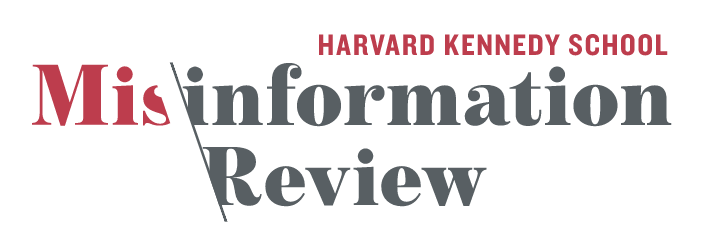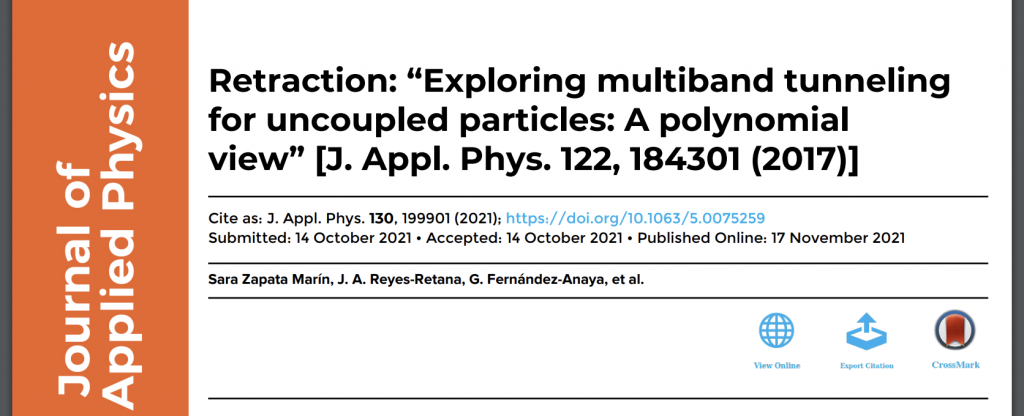
A Nature journal has retracted a 2021 paper which made a bold claim about certain chemical reactions after several researchers raised questions about the analysis – but not before another group pulled their own article which built on the flawed findings.
The first article, “The amine-catalysed Suzuki–Miyaura-type coupling of aryl halides and arylboronic acids,” appeared in Nature Catalysis in January. Most of the authors were affiliated with Hefei University of Technology, in China. The paper has been cited five times, according to Clarivate Analytics’ Web of Science.
After publication, at least three groups of researchers published Matters Arising letters in the journal questioning the validity of the results, all of which appeared on December 2:
Continue reading ‘Highly professional, but the process seems to take a long time’: Is this the best way to correct the record?







